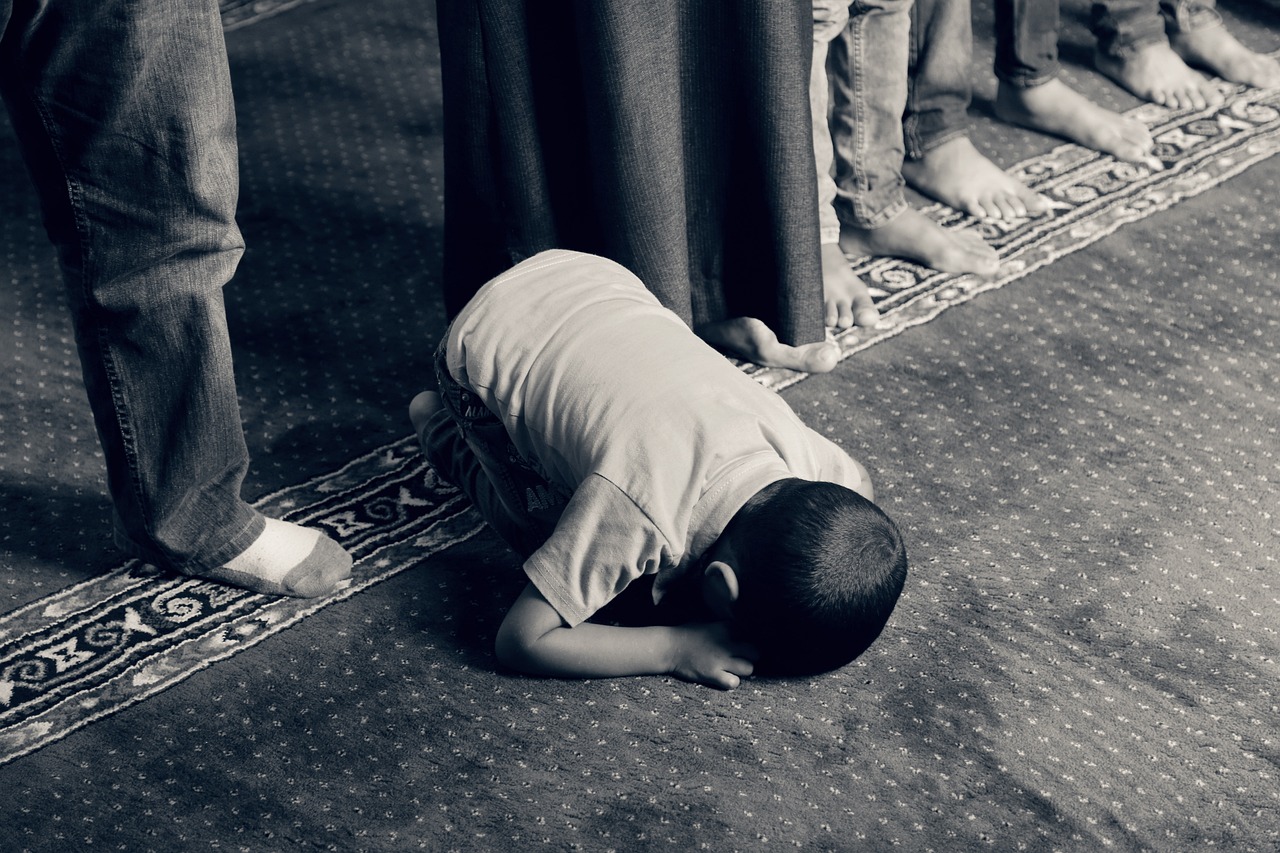Religion and mental health have intertwined for millennia. Faith offers a sense of purpose, belonging, and comfort, potentially fostering emotional well-being. However, religious beliefs and practices can also create stress, guilt, and isolation, impacting mental health negatively. This article delves into the multifaceted relationship between religion and mental health, exploring both the potential benefits and drawbacks.
The Uplifting Aspects of Faith
- Community and Support: Religious communities often provide a strong social network, fostering feelings of belonging and acceptance. Shared beliefs and rituals create a sense of solidarity, offering companionship and support during challenging times. Studies suggest that participation in religious services can decrease loneliness and depression [1].
- Purpose and Meaning: Religion can provide a framework for understanding the world and one’s place within it. Faith offers answers to existential questions about life, death, and suffering, fostering a sense of purpose and meaning. This sense of purpose can be a powerful buffer against anxiety and despair.
- Hope and Forgiveness: Religious teachings often emphasize hope for a better future, afterlife, or divine intervention. This instills optimism and resilience in the face of hardship. Additionally, the concept of forgiveness, both divine and self-forgiveness, can alleviate guilt and promote emotional healing.
- Coping Mechanisms: Many religions offer practices like prayer, meditation, and mindfulness that encourage reflection and emotional regulation. These practices can provide healthy coping mechanisms for dealing with stress, anxiety, and depression.
- Positive Lifestyle Choices: Some religions promote healthy lifestyles that benefit mental well-being. For example, some religions discourage alcohol and drug use, which can exacerbate mental health problems.
The Potential Downsides of Religion
- Guilt and Shame: Religious doctrines can emphasize sin, leading to feelings of guilt and shame, particularly for individuals struggling with mental health challenges. For instance, some religions may view mental illness as a punishment or lack of faith, contributing to self-blame and isolation.
- Strictures and Expectations: Religious rules and expectations can be demanding and restrictive. Individuals who struggle to meet these expectations may experience anxiety and guilt. Furthermore, some religious communities may be intolerant of those who don’t conform, leading to feelings of exclusion.
- Religious Trauma: Negative religious experiences, such as abuse by clergy or rigid doctrines that create fear and control, can be detrimental to mental health. These experiences can lead to religious trauma, manifesting as anxiety, depression, and Post-Reconciliation Stress Disorder (PTSD).
- Dealing with Doubt: For some individuals, questioning religious beliefs can lead to anxiety and existential distress. The clash between religious teachings and personal experiences can be a source of significant internal conflict.
Finding a Healthy Balance
The impact of religion on mental health depends largely on the individual and their specific beliefs and experiences. Here are some tips to navigate the complexities of religion and mental health:
- Focus on the Positive: Highlight the aspects of your faith that bring you comfort and strength. Focus on teachings that promote love, compassion, and forgiveness.
- Find a Supportive Community: Seek out a religious community that is accepting and inclusive, fostering a sense of belonging without judgment.
- Reconcile Beliefs with Mental Health: If your religious beliefs are causing distress, explore how you can reconcile them with your understanding of mental health. Consider talking to a religious leader who is open-minded about mental health challenges.
- Seek Professional Help: If your mental health is struggling, don’t hesitate to seek professional help. A therapist can provide support and guidance, helping you navigate the intersection of religion and your mental well-being.
Remember:
- Religion is a personal journey. What works for one person may not work for another. It’s okay to question your beliefs and find a path that aligns with your mental and emotional well-being.
- You can have a fulfilling spiritual life without adhering to every single tenet of your religion.
- Your mental health is a priority. Don’t let religious beliefs prevent you from seeking the professional help you may need.
The relationship between religion and mental health is complex and nuanced. Religion can be a source of immense strength and comfort, offering a sense of purpose, belonging, and hope. However, it can also be a source of stress, guilt, and isolation. Ultimately, the impact of religion on mental health depends on the individual and their specific beliefs and experiences. By fostering an open and honest conversation about this topic and acknowledging the complexities involved, we can create a more supportive environment for individuals to explore their faith and mental well-being simultaneously.

Religious Diversity and Mental Health
It’s important to acknowledge the vast diversity of religious beliefs and practices around the world. The impact of religion on mental health may vary depending on specific doctrines, cultural contexts, and individual interpretations. Here are some additional considerations:
- Non-theistic Religions: Some religions, like Buddhism and certain forms of Hinduism, don’t necessarily emphasize a deity. Instead, they focus on achieving enlightenment or liberation from suffering. The emphasis on mindfulness and self-compassion in these traditions may be particularly beneficial for mental health.
- Spiritual But Not Religious (SBNR): An increasing number of people identify as “spiritual but not religious.” These individuals may find meaning and connection through spiritual practices without adhering to a formal religion.
- Cultural Considerations: The role of religion in mental health is often intertwined with cultural background. Mental health professionals should be mindful of these cultural influences when working with clients from diverse religious backgrounds.
Moving Forward with Compassion
By fostering open and honest conversations about religion and mental health, we can create a more supportive environment. Here are some steps forward:
- Mental Health Providers: Mental health professionals can benefit from training on the role of religion in mental health. This can help them provide more culturally sensitive and comprehensive care.
- Religious Leaders: Religious leaders can play a crucial role in promoting mental health awareness within their communities. They can offer support and understanding to individuals struggling with mental health challenges, emphasizing teachings that promote hope and well-being.
- Open Communication: Open and honest communication between religious leaders, mental health professionals, and individuals seeking help is essential. This collaboration can foster a more integrated approach to mental health that acknowledges the role of faith.
Religion and mental health are multifaceted and interconnected. By acknowledging both the potential benefits and drawbacks of religion, we can create a more supportive environment where individuals can explore their faith journey in a way that complements, rather than hinders, their mental well-being. Through open communication, collaboration, and a commitment to understanding, we can cultivate a world where faith and mental health can co-exist and flourish together.

